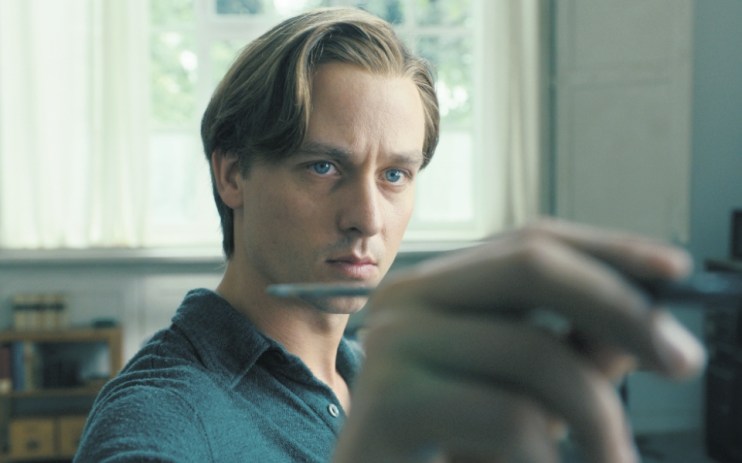Never Look Away review: New film from The Lives of Others director is a bloated, pretentious mishmash

Fifteen years after his masterful The Lives of Others, director Florian Henckel von Donnersmarck has returned to his native Germany with a bungled, overwrought epic set across the three defining political epochs of the 20th century.
Over 188 minutes, we follow Kurt Barnert (Tom Schilling), who experiences the Third Reich as a child, communist East Germany as a student, and the capitalist West as a renowned artist. Kurt is directly inspired by Gerhard Richter, the world-famous photo-realist painter.
Much discussion has focused on the fact that Richter hated the movie, though I don’t find that too surprising; artists are notoriously temparemental. More confounding is the uniform critical praise that has been bestowed upon such a pretentious conceptual mishmash.
The first segment, set in Nazi Germany, is comfortably the best of the three. This is largely down to Professor Seeland (Sebastian Koch), a gynecologist who is charged with administering the sterilisation, and ultimately the extermination, of the disabled and mentally ill – anyone considered a threat to the purity of Aryan genetics.
The danger with Nazi villains is that their evil becomes cartoonish – and thus unmoored from the system in which they operate – but Koch resists this temptation, playing Seeland with incredible depth and skill. His evil is richly textured: initially, he seems banal, the kind of empty suit who can comport himself to whatever the ruling authoritarianism is. But in a quietly chilling scene it’s revealed that Seeland is a true believer in Nazi Eugenics – more Goebbels than Eichmann.
When the war ends and Kurt grows up, the film becomes more complex and thematically dense – too dense, really, even for its prodigious runtime. Watching it feels like hacking through a thicket of ideas; some fully realised, some gestured at half-heartedly, some barely thought out at all.
In an early scene, a character stands in front of a group of buses as their horns honk in unison, her arms aloft and her eyes closed, locked in a moment of private transcendence. I didn’t understand it, and I suspect von Donnersmarck didn’t either, but artsy intangibles are easier than boring, sense-making certainties.
For all its haughty artistic babble, its pretensions to questions of truth and beauty, I was struck by the conceptual poverty of Never Look Away. Von Donnersmarck seems content to float airily above his subjects, a safe distance from the mucky political questions that consume the proles. The character he’s most enraptured by isn’t Kurt, but his teacher, an enigmatic artist who never removes his hat, a habit explained by a trauma he experienced in the war.
It’s a laughable backstory, but even worse is the scene in which he delivers his weekly sermon to an audience of adoring students. Give up on the outside world, he implores them: a true radical has no politics. This is presented as an immutable truth, but really it’s an elitist axiom, useful only to artists – or, perhaps, an aristocrat named Florian Henckel von Donnersmarck.
• Never Look Away will be released in the UK on Friday 5 July